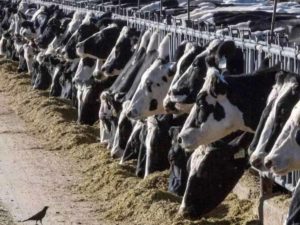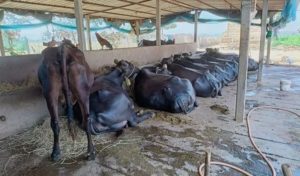The milk consumption in the country dropped significantly after the government imposed coronavirus lockdown. As hotels, restaurants, sweet marts and the unorganised tea stalls remained shut across the nation, the milk consumption fell by 25-30% during April and May 2020, a CARE Ratings report said. While some of this consumption fall was cushioned by an increased demand in households, dairy players also have some tricks up their sleeves to survive the pandemic. “Shift to branded and packaged milk from loose milk due to fear of contracting the disease will also be favourable for the demand of products of organised players,” the report said. Dairy players’ margins will also be aided by the fact that procurement of SMP/milk has been done at low prices by organised dairy players while they had already hiked retail milk prices.
Earlier in March, Gujarat-based Amul said that the lockdown led to 25% drop in demand. “The exodus of migrant labourers, whether from Delhi, Ahmedabad or Surat, back to their villages, will also have an impact on demand,” RS Sodhi, MD, Amul had written in The Indian Express, a week after the lockdown was imposed. He added that temporary shut down of hotels etc had also led to fall in consumption.
India is the largest dairy producing country in the world and between FY19 and FY23, milk production is expected to increase at about 4.8% CAGR. The long term outlook for the industry remains strong due to various reasons such as increasing population, increase in per capita consumption, increase in expenditure on package food, brand awareness, urbanization and increase in nuclear families and government support. “The growth would be primarily driven by increase in the demand for value-added milk products, which is also margin accretive for the players,” the report said.
In India, top 10 milk producing states contribute to about 80% of the milk produced in the country. These states include Uttar Pradesh, Rajasthan, Madhya Pradesh, Gujarat, Maharashtra, Haryana, Bihar and Tamil Nadu.










